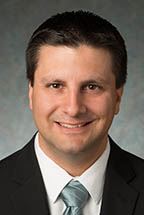December 2022 |
Upcoming events
| Message from the Executive Director Education Foundations: Leading Community Impact is the theme for our 2023 National Conference. In 83 days, education foundation leaders will convene at the 2023 NAEF National Conference in Las Vegas, Nevada, for three days of deep-dive breakout sessions, meetings with exhibitors, and opportunities to network with education foundation and school district leaders from across the US. We encourage you to attend the conference and develop and enhance your philanthropic, fundraising, leadership, and operational management skills to serve your education community properly. We are pleased to welcome a conference keynote and pre-con session presenter, Meg George. Meg is the founder and president of boutique consultancy George Philanthropy Group, and is a philanthropy advisor and strategist. She and her team focus on maximizing charitable investments to generate outcomes. Meg implements best practices for high-impact major giving that are meaningful, deliberate, and relationship-centric.
We appreciate the financial support of our current sponsors and exhibitors. As with any major event, we rely on industry suppliers and partners for their financial support. Please reach out to your specific suppliers and ask them to support your professional industry. This is a great opportunity to engage with over 225 education foundation leaders from our membership of 645 education foundations of which 81% serve public education systems, support over 180 education foundations that self-identify as an emerging and developing foundation, and collaborate with education foundation leaders, fundraisers, board members, and leaders of education systems. DOWNLOAD THE CORPORATE SPONSORSHIP SPEC SHEET If you or your foundation wish to support the conference with a donation, our 501(C)3 charitable arm NSFA, National School Foundations Associations, Inc. accepts online donations. Consider making your tax-deductive donation using the link below. Be sure to select “NAEF Conference 2023" as the purpose of the donation. DONATE TO THE NATIONAL CONFERENCE Best, Peter Constantinou |
From Problems to Possibility Sometimes you read a book that really shifts the way you see the world. As the 20th anniversary of Decatur Education Foundation approached last year, I began to think about what the future held. After a dozen years as executive director, I was proud of our community and all that we had accomplished together. I also knew that it didn’t feel authentic to emerge from the pandemic years and return to business as usual after so much disruption. A board member suggested the book The Four Pivots, by Dr. Shawn Ginwright, which discusses some of the fundamental shifts that need to happen to achieve social change. I listened to the author on Brené Brown’s podcast and went on to read the book.
DEF has been an organization defined by solutions. In fact, our mission is to connect people, resources and ideas to solve the problems facing our kids. In this moment, however, coming out of the pandemic, we have to acknowledge the significant toll the pandemic has had on our kids and every part of their lives. There are so many problems to solve, it can feel like we are plugging leaks in a dam that was already at the brink of bursting. The Four Pivots made me realize that in order for DEF to move boldly into the post-pandemic future and deepen our impact, we would need to move away from a focus on problems and toward a focus on possibilities.
This was the “aha” moment that prompted DEF to commit to a Year of Strategic Inquiry - taking time to shift our mindset to creating possibilities with and for our kids.
Typically, when faced with big changes or challenges, non-profits engage in strategic planning which includes a needs assessment and an analysis of strengths, weaknesses, opportunities, and threats. It felt to me that we needed a different approach, one that met this unique moment we find ourselves in and that acknowledges that there is a lot to be gained from looking at a variety of “expertise”.
To learn from the lived experience of our youth, we are expanding our partnership with VOX ATL to train local youth facilitators who will design and host sessions with their peers to answer the question: What would help youth in Decatur feel connected, supported, and valued? What would help youth thrive? These questions reframe the traditional problem-focused work and allow youth to envision a future anchored in possibility. We learned from our pilot project with VOX ATL last spring that really listening to youth takes time and a willingness to let go of traditional notions of power and leadership, and we are ready to expand that work.
We will use the extensive academic research to position what we hear from Decatur youth in the broader context of youth experience overall. The Search Institute’s Developmental Assets and the body of research on protective factors will help us understand factors that lead to better outcomes for youth.
The inquiry will also include visiting with and learning from innovators: organizations that center their missions on youth voice and leadership. We are focusing our visits on youth-centered spaces, learner-centered environments, and youth-led advocacy organizations. The first of these visits took place in October with visits to the Neutral Zone in Ann Arbor and the Congress of Communities Youth-Driven Community Center in Detroit. Several other visits are planned including trips to Denver and Boulder, Seattle and Boise. Great youth-centered work is happening in every part of our country.
I hope DEF’s year of inquiry inspires other education foundations to go beyond the traditional methods of strategic planning and take time for deep thinking and true possibility-creating. To meet this unique moment in time requires a new model – one that is built on curiosity, youth engagement, and learning from those who are doing forward-thinking, youth-centered work outside the foundation world. There is so much to be gained from leadership that embraces active learning to help create the future we want to see. I can’t wait to share what we learn!
Check out some of the resources and innovators I plan to learn from HERE.
| About the Author
Gail Rothman Gail Rothman joined the Decatur Education Foundation as its first executive director in 2009, and has led the foundation through a period of significant growth and expansion for more than a decade. She is a champion of educational equity and believes strongly that education foundations have a significant role to play in tackling the tough challenges facing youth, including mental health, racial equity, and food insecurity. Gail has more than 25 years of experience in the non-profit sector including program development, strategic partnerships, and resource development. She loves to coach and support executive directors and non-profit boards who want to grow and expand their impact. In her free time, Gail loves to travel to new places with her high school teacher husband, spend time with their three mostly grown children and commune with the trees. |
About the Author
As a founding Principal of Convergent Nonprofit Solutions, Mark is recognized as one of the leading national experts in funding nonprofit organizations and community initiatives through fundraising campaigns. Mark has directed and provided oversight for more than 100 feasibility studies and fundraising campaigns for organizations nationwide, raising hundreds of millions of dollars for a wide variety of nonprofits and economic development organizations. His specialized expertise includes transitioning membership-based organizations into investment-based organizations, forging public/private partnerships, forming and capitalizing new economic development organizations, and establishing regional economic development collaboration. He has also authored two legal reference books, a research paper in an international academic journal, and numerous articles on fundraising and other nonprofit concerns. | 3 Ways Educational Foundation Leaders Can Make an Impact in a Recession |
Hiring? Job searching?
Our Career Center connects employers and candidates!
Visit Career Center
Every Foundation Board Is a Fundraising Board | About the Author
Ross Pfannenstiel Ross, a member of the Hartsook Leadership Team, has a strong track record of development leadership and nonprofit management. He has worked with a wide range of nonprofit organizations, from youth development, conservation, education, social services and sports organizations to health-based, disaster relief, outdoors and faith-based organizations. Through strategic, research-based counsel and management, Ross provides leadership and confidence in his work with nonprofit organizations. He holds a Bachelor’s of Science degree in Business Administration/Finance and Economics from Rockhurst University where he received the Finucane Service Scholarship for community service, the Ignatian Award for academic achievement and graduated with honors. |
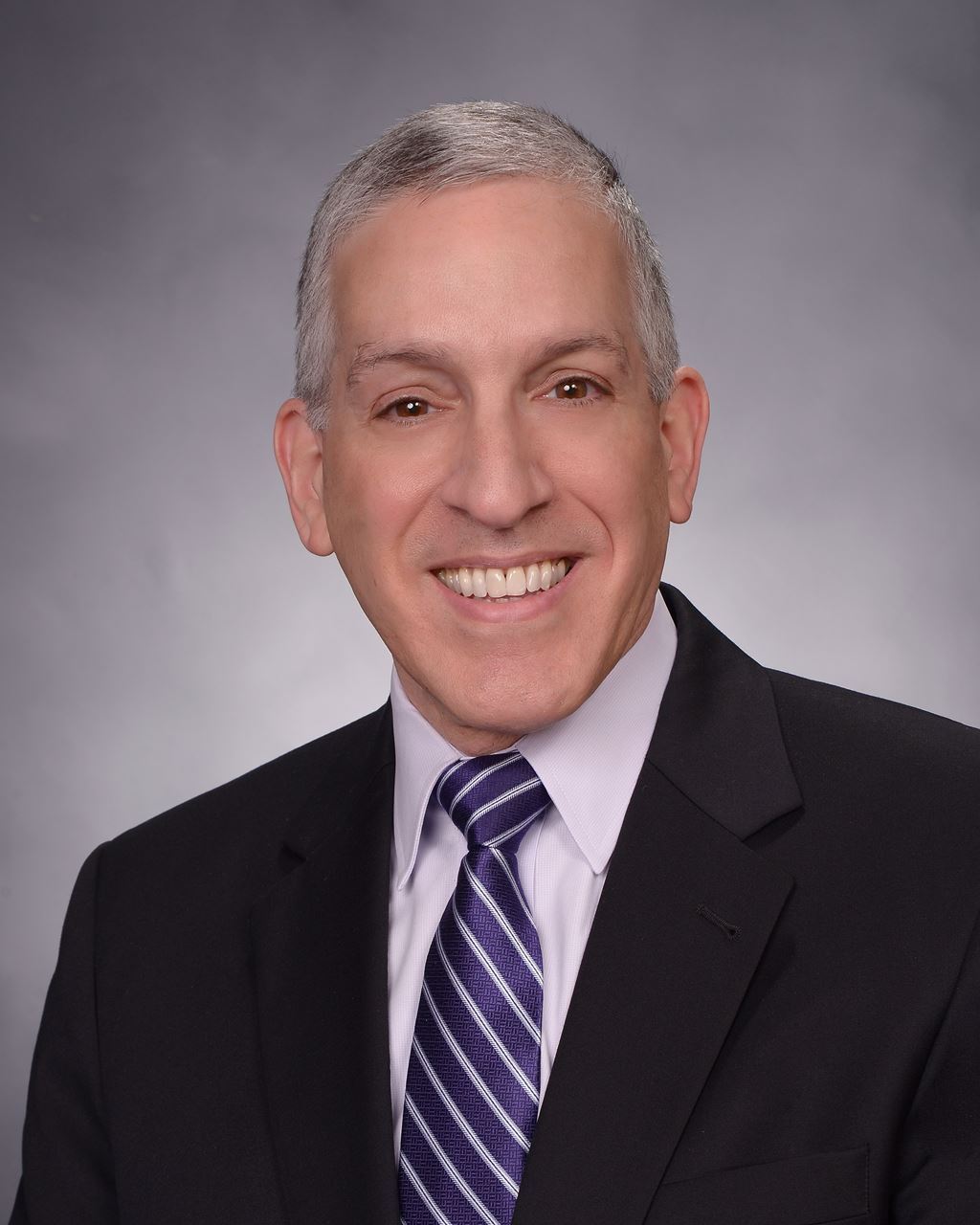
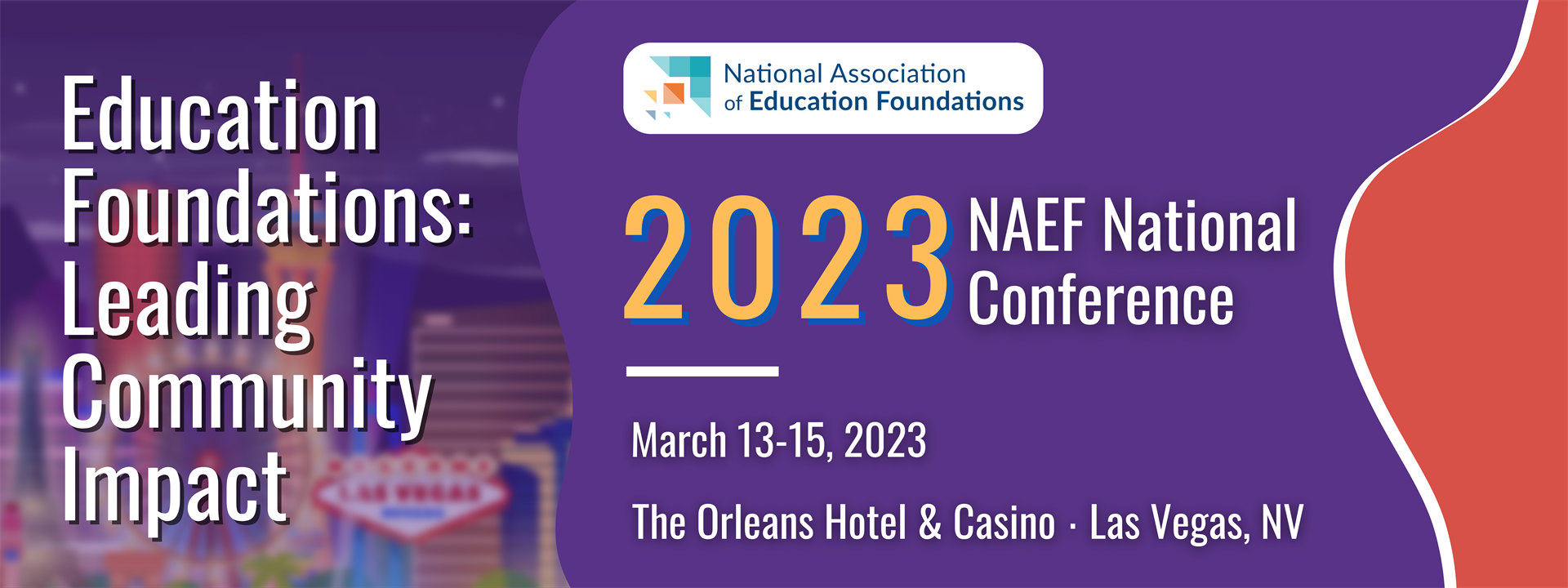

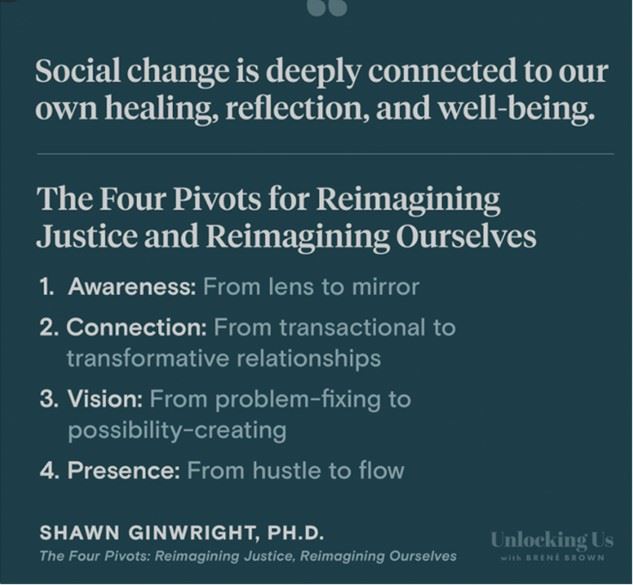 Each of the pivots is applicable to DEF and where we find ourselves at this moment, but the one that is most critical is the shift from “problem-fixing” to “possibility-creating.” Dr. Ginwright analyzes how leaders and non-profits get fixated – even addicted to– problems that we are trying to solve, and do not put enough thought into what should be created in their place.
Each of the pivots is applicable to DEF and where we find ourselves at this moment, but the one that is most critical is the shift from “problem-fixing” to “possibility-creating.” Dr. Ginwright analyzes how leaders and non-profits get fixated – even addicted to– problems that we are trying to solve, and do not put enough thought into what should be created in their place. 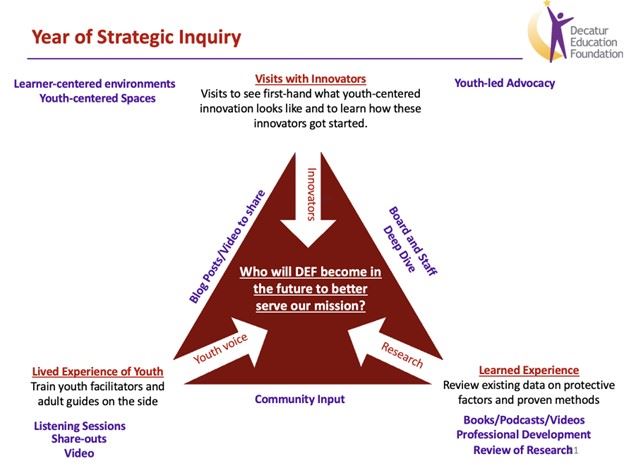
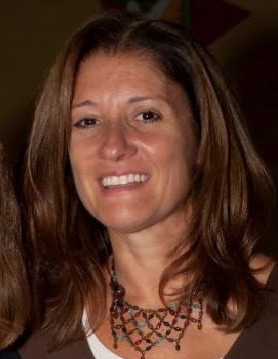
 Mark Bergethon
Mark Bergethon